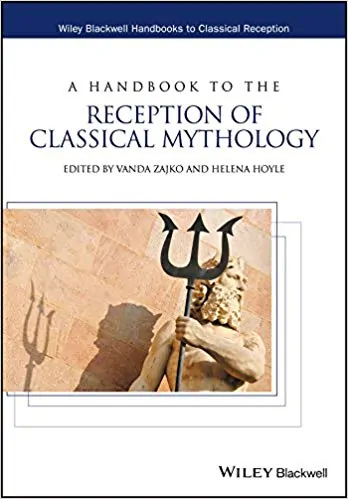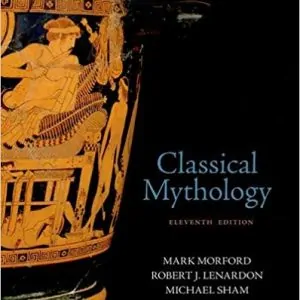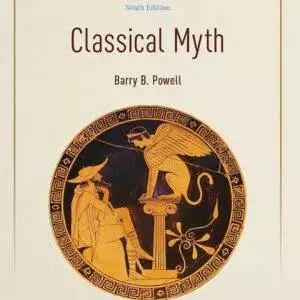- Offers a series of thoroughly chosen in- depth readings, consisting of both popular and less well- understood examples
- Reveals the significance of mythography to the survival, dissemination, and popularization of classical misconception from the ancient world to the present day
- Features chronologically arranged essays that resolve various sets of misconceptions that was necessary in each historic age, together with their thematic importance
Few literary customs have actually left a higher imprint on our contemporary world than the abundant body of misconceptions gave through the ages from the ancient Romans andGreeks The ebook, A Handbook to the Reception of Classical Mythology provides a collection of essays that check out all elements of the characters and characterizations of Greek and Roman mythology and their crucial reception from antiquity to the present day. Featuring contributions from leading international Classical specialists and scholars from cognate fields, readings expose how ancient misconceptions have actually been continuously translated, reinterpreted, and improved in time. Initial essays use a sequential expedition of mythography from Greek to contemporary times, together with ingenious subjects such as anthologies of misconceptions for kids and modern mythography, including a conversation of the graphic unique and fan- fiction. Subsequent areas cover a wide variety of techniques and styles, along with the pantheon of renowned figures and books from antiquity and beyond. Written with flawless scholarship, A Handbook to the Reception of Classical Mythology uses an important resource to the developing reception of Greco-Roman mythology throughout history, while exposing its long-lasting impacts on Western literary and cultural customs.
Review
“The Handbook to the Reception of Classical Mythology is a diverse ebook that represents an exceptional example of imaginative scholarship. Wandering in the maze of its limitless product and disciplines parading through its pages the trainee is continuously kept in a state of thriller. To the basic concern ‘what follows?’ each factor offers his own, creative, albeit sometimes distinctive, reaction.“









Reviews
There are no reviews yet.